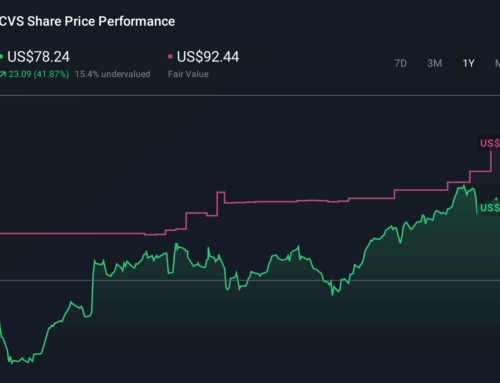Should You Invest in the US Stock Market Now?
May 29, 2025
For investors assessing today’s dynamic landscape, it’s natural to consider whether this long-standing prominence still holds true.
With its formidable economic power on one hand, and a noticeable concentration of market influence within a select group of large technology companies on the other, the American equity market presents a multifaceted picture. As you evaluate where to allocate your capital, the question of whether to invest significantly in the US or to diversify globally often arises.
This article aims to provide an analysis of the inherent strengths that continue to characterize the American market, alongside the potential limitations that warrant careful consideration.
Why Consider Investing in the U.S. Market?
The United States continues to represent one of the most compelling equity markets globally, offering a combination of structural resilience, demographic vitality, and corporate innovation that few other regions can match.
A Strong Demographic Advantage
Among developed economies, the U.S. stands out for its favorable demographic profile. Its population is expected to grow steadily over the next two to three decades, driven by both natural increase and sustained immigration. This demographic momentum supports long-term consumption, labor force expansion, and economic growth — all critical pillars for corporate profitability and equity market performance.
In contrast to the US, many other developed nations face a different demographic challenge: stagnant or even declining populations. Think of countries like Japan or several nations in Western Europe (e.g., Germany, Italy). In contrast, many other developed nations face stagnant or declining populations. This trend historically correlated with weaker equity returns, as these countries face fewer workers, less consumption and potential strain on public finances.
Historical Outperformance and Market Depth
From mid-2008 through 2024, the S&P 500 delivered an impressive average annual return of 11.9%. This figure significantly outperformed international developed market equities, as highlighted by J.P. Morgan Private Bank. To put this in perspective, the MSCI EAFE index—which tracks developed markets outside the U.S. and Canada—returned a more modest 3.6% per year over the same period. This sustained outperformance clearly underscores the strength and resilience of the U.S. market, particularly in the years following the global financial crisis.
Beyond performance, the U.S. equity market is unparalleled in terms of scale and diversity. U.S. stocks currently account for nearly two-thirds of the global investable equity universe. The largest publicly listed companies in the world — including the so-called “Magnificent Seven” — are all American, and collectively they represent a market capitalization that exceeds the combined value of entire national indices such as the FTSE 100.
A Fertile Ground for Innovation and Entrepreneurship
The U.S. continues to foster an environment conducive to innovation and enterprise. A culture of entrepreneurship, relatively light regulatory frameworks, and a deep base of domestic investors have allowed many high-growth companies to scale rapidly and reward shareholders in the process. From technology to consumer services, American firms dominate global rankings for profitability, market share, and brand influence.
Cyclical Considerations and Relative Valuations
While U.S. stocks have outperformed their international counterparts for much of the past 14 years — well above the historical average of 8-year cycles of relative strength — some analysts caution that this leadership may be nearing an inflection point. However, even amid concerns about elevated valuations and political uncertainty, many still view the U.S. as a high-quality market that offers select opportunities at more attractive entry points, particularly following recent corrections.
As Paul Christopher, head of global investment strategy at the Wells Fargo Investment Institute, notes: the U.S. remains “a quality market that looks like a bargain.” The recent market volatility, while unsettling, may in fact enhance the attractiveness of American equities for long-term investors seeking quality assets with global reach.
What Are the Risks of Investing in the U.S. Market?
While the United States remains a dominant force in global equity markets, investors should also be mindful of several risks and structural limitations that may impact future returns. Historical trends, elevated valuations, and policy-related uncertainties warrant a more cautious and measured approach.
Extended Cycle of Outperformance
According to research from Hartford Funds, U.S. stocks have typically outperformed for cycles averaging approximately eight years. However, the current cycle of U.S. equity dominance has lasted over 14 years — significantly longer than the historical norm. This extended period of relative outperformance raises questions about how much further U.S. equities can continue to lead before mean reversion occurs and international markets regain momentum.
Search
RECENT PRESS RELEASES
Related Post


